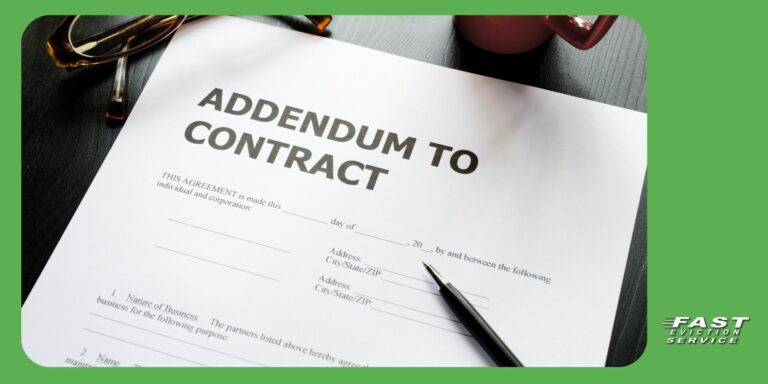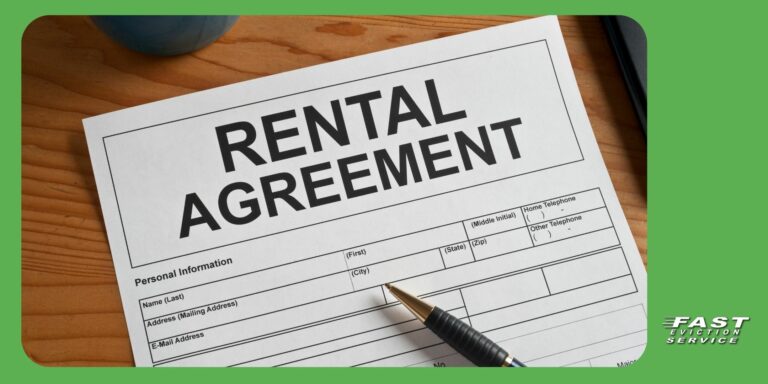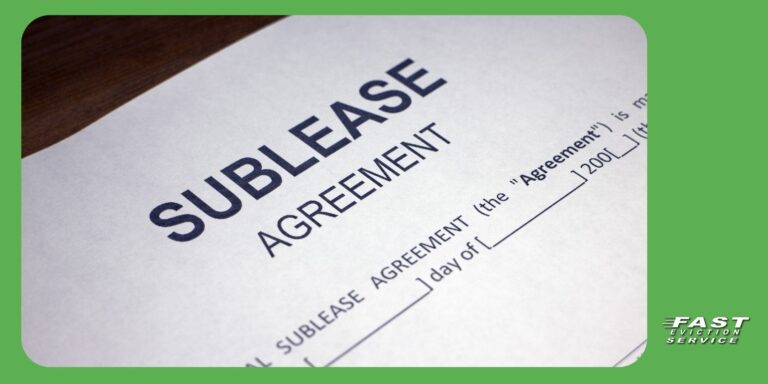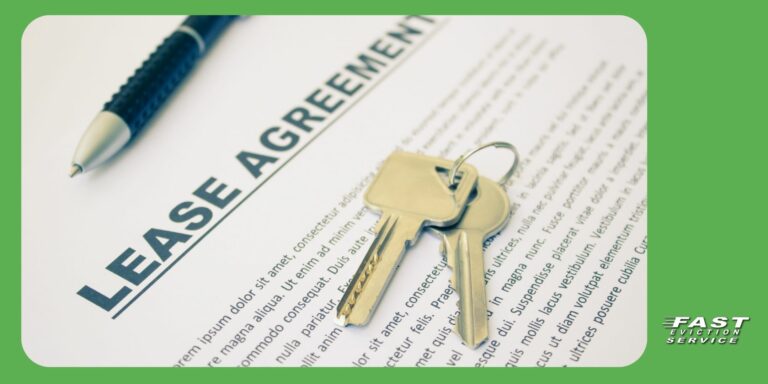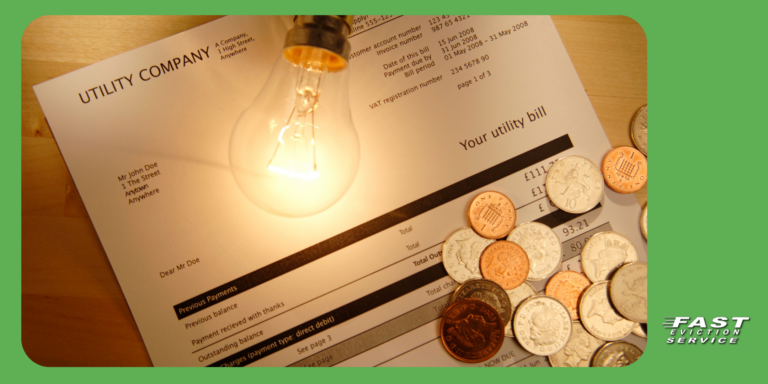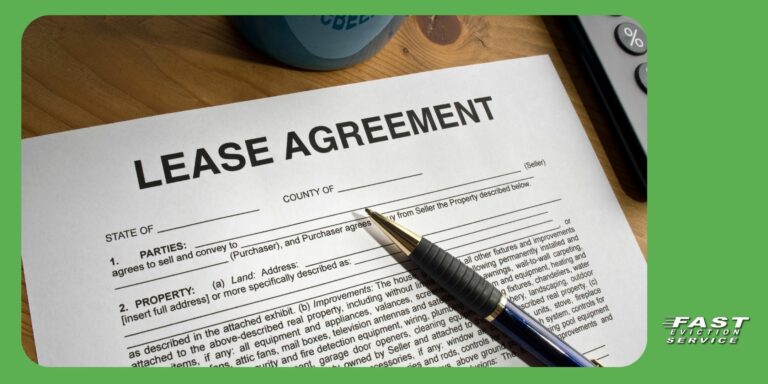You are represented at all times by one of our California Eviction Attorneys | 1-800-686-8686 | intake@fastevict.com | Se habla español
How To Handle Handle Common Lease Violations

Lease violations are a reality for many California landlords, but they do not have to disrupt your rental operations. This article explains how to identify violations, communicate with tenants, and use proper notice procedures while staying compliant with California law. Learn how proactive management can protect your property and prevent issues from escalating.

